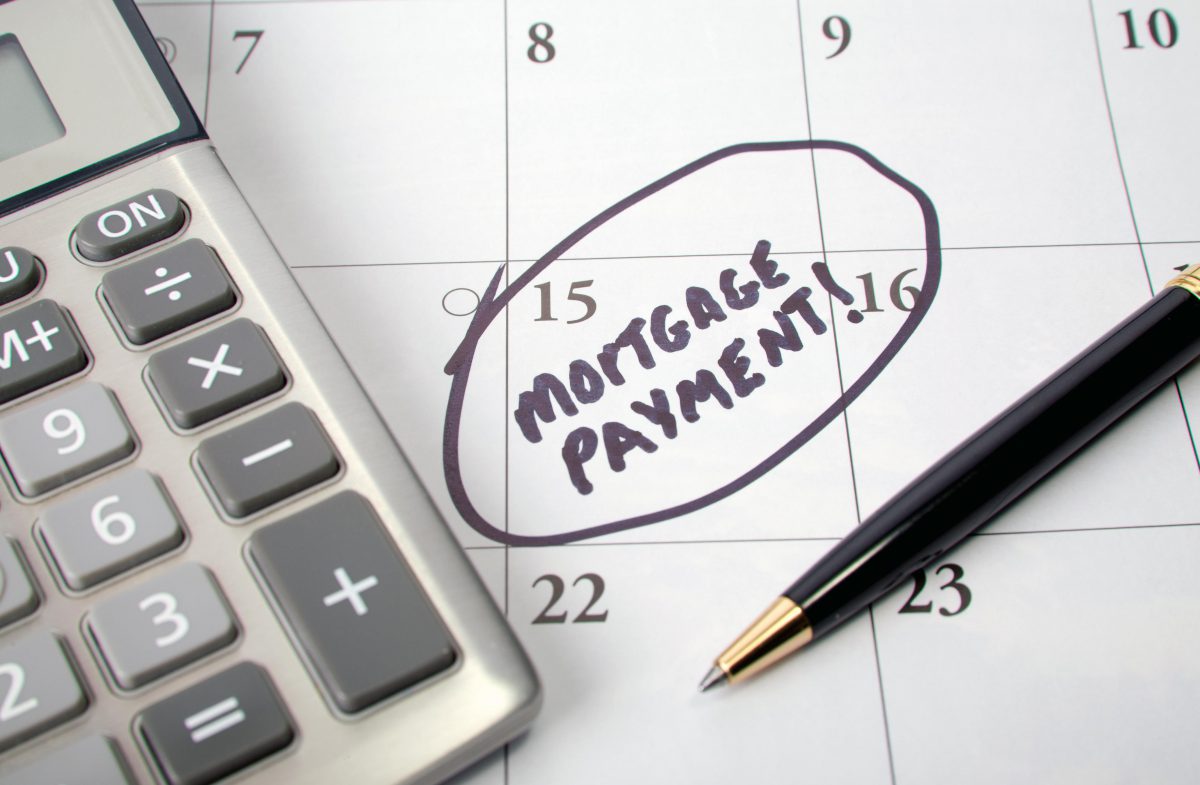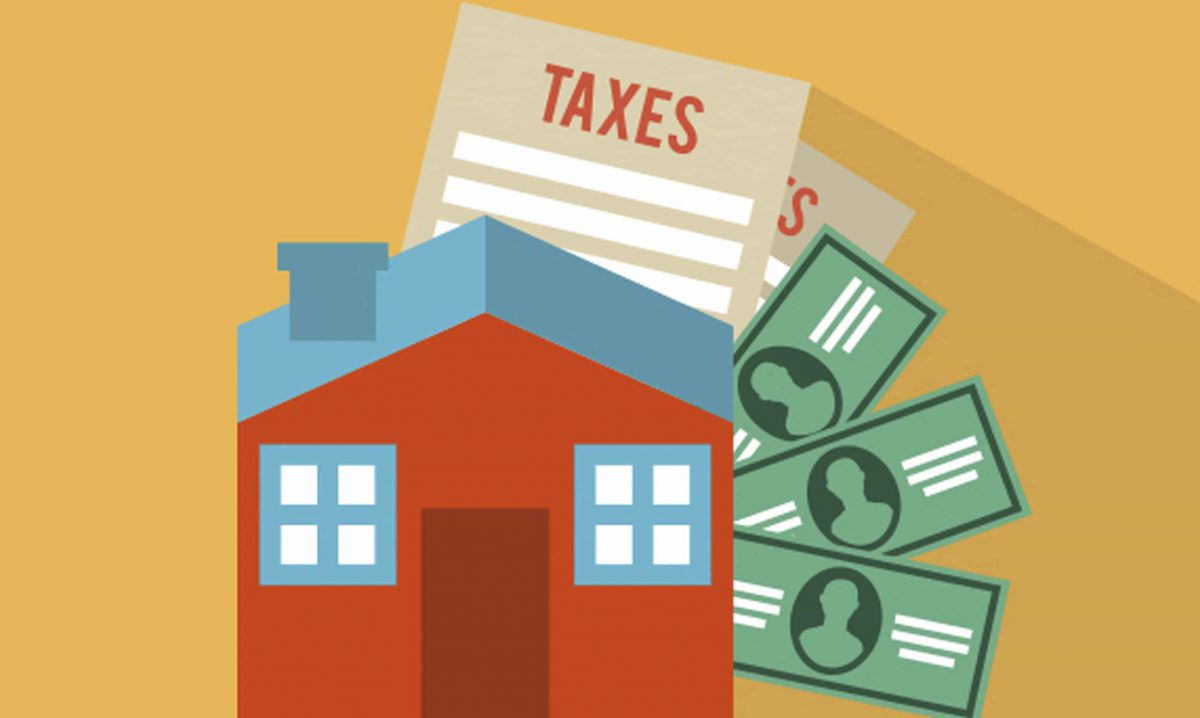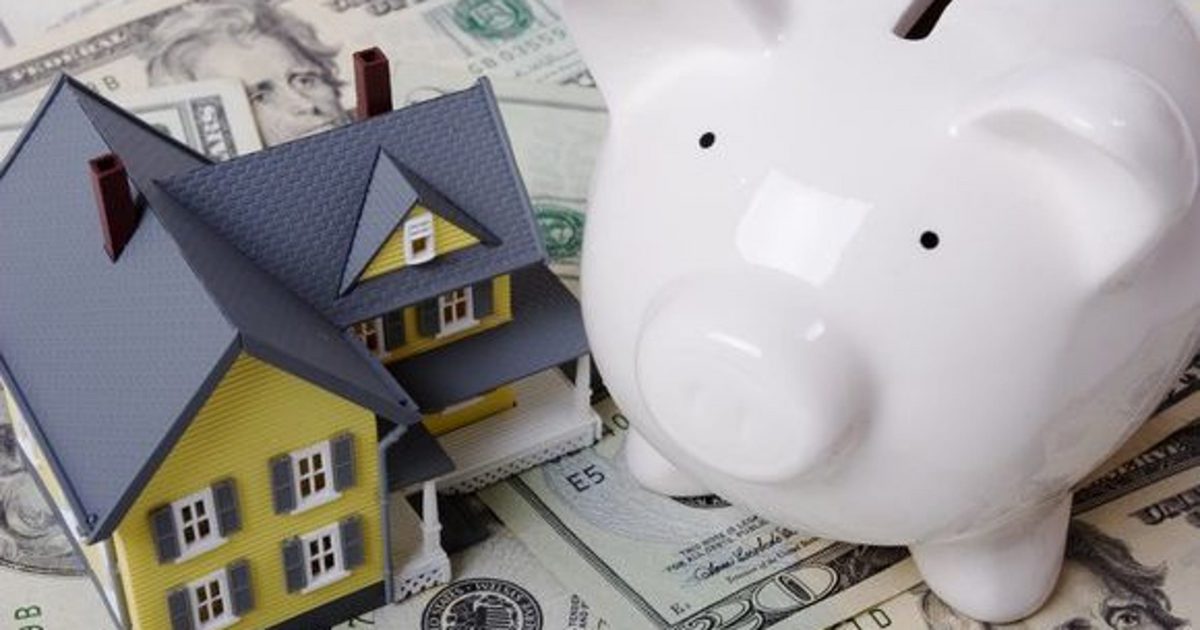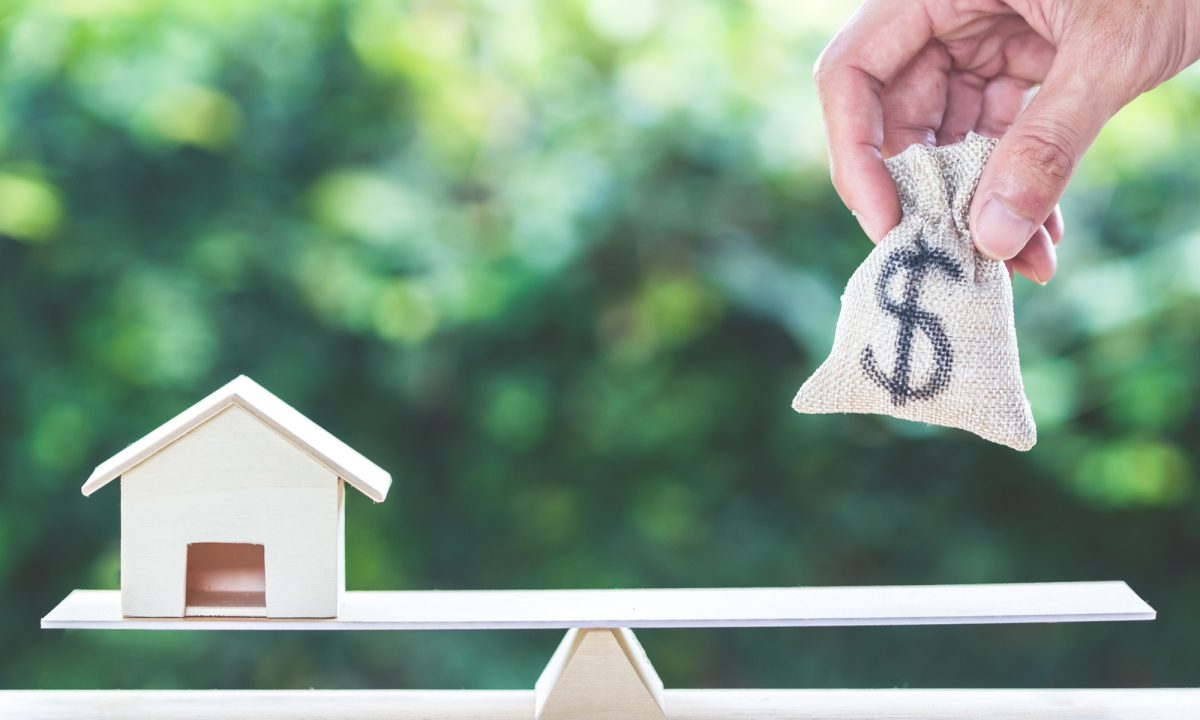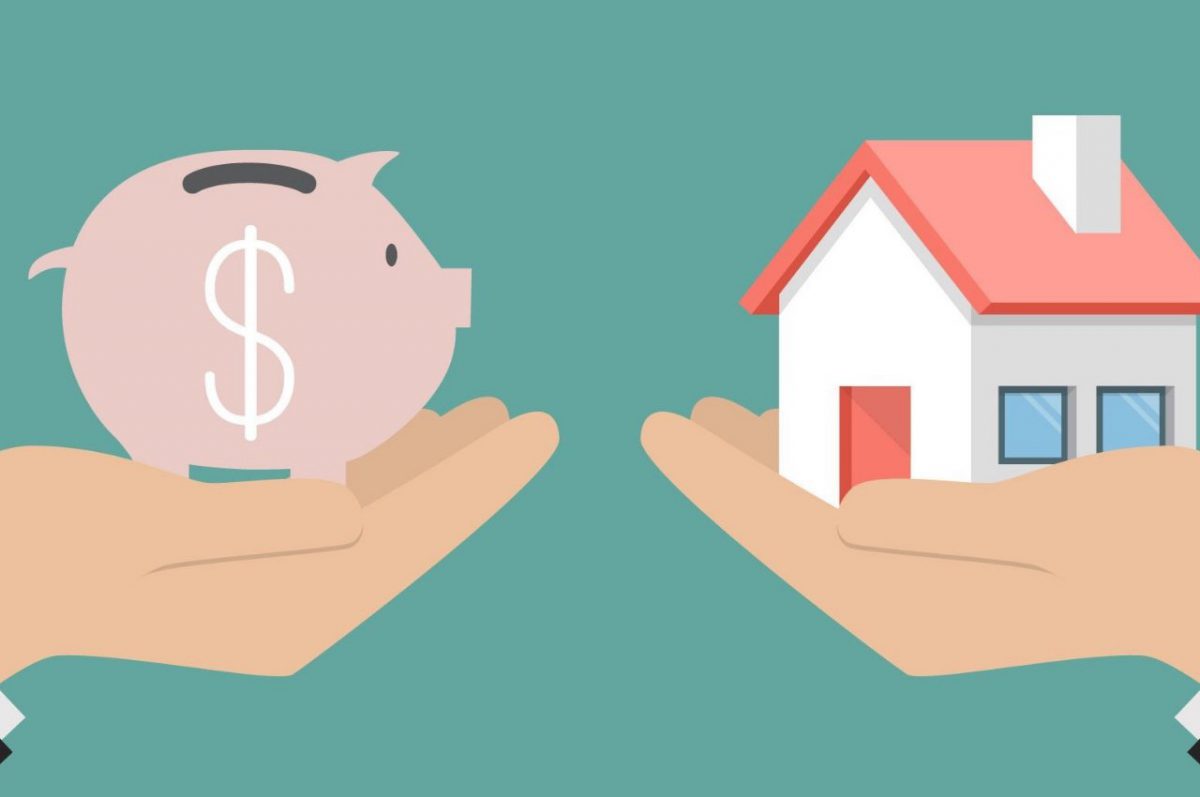Buying your first house is the pinnacle of adulthood. But as you’re probably well aware, the road to home ownership isn’t exactly easy to navigate. Unless you’re completely debt-free and disciplined enough to live below your means to save money, buying your first home in the near future can seem more like a fantasy than an actual possibility. In fact, a 2017 Zillow survey of 13,000 adults found that only 39% of millennials are able to make the standard down payment on a home, and just one in five can pay the bare minimum to secure a home loan. Yeah, it’s tough out there.
The good news is that buying a house doesn’t have to be something you only wish you could do. You can definitely make it a reality. But it may require you to make a bit of an adjustment. Fortunately, experts shared some sneaky ways you can save money for a house — and the timing’s perfect, since April is Financial Literacy Month.
What you need to know before you even think about buying your first house
When you’re looking to buy your first home, it is crucial to understand how to save money. As Dottie Herman, finance expert and CEO of Douglas Elliman, one of the largest real estate companies in the United States, tells us,
But before you even begin your search, Herman says it’s in your best interest to meet with a qualified mortgage lender. They’ll be able to help guide you through the process of qualifying and buying a home. Most importantly, constantly check your credit score. The higher the score, the better interest rate you will receive.
“For most people, buying a home is an exciting time. But it can also be a very long process that may seem like a financial hurdle that requires short-term sacrifices for long-term success,” Herman says. “By following a few smart and savvy ways to lower your expenses, you will be able to save enough money to purchase that dream home in less time than you think. In the end, it all comes down to discipline, desire, and you.”
So how can you save up for a house without making it seem like such a huge sacrifice?
Sneaky ways to save up for a house
1. Use cash as much as possible
Using cash may seem like such a hassle, but Adam Jusko, founder and CEO of ProudMoney.com, tells us it can save you a lot of money down the line.
“Many studies show that people spend more when paying with credit cards, so use cash instead,” Jusko says. “You’ll not only spend less on food and other items, but taking away the convenience of using credit means you simply won’t buy frivolous impulse purchases.”
According to him, the pain of going to the ATM to get cash will have a way of slowing down your spending. Just think, when you only have $10 in your wallet and no credit cards, you start to think of ways to prevent that money from being spent.
2. Split your paycheck into two separate accounts
This may not seem like a sneaky way to save at first, since you know you’re doing it. But if you have direct deposit, have your paycheck deposited into two accounts.
“I have my employer put the bulk of my paycheck into my everyday checking account, and then I have a specific amount from each paycheck that automatically goes into a savings account at another bank that I rarely use,” Jennifer Beeston, VP of mortgage lending at Guaranteed Rate Mortgage, tells us. “When it comes to saving, out of sight, out of mind can be very powerful.”
3. Skip online shopping every other month
Online shopping is the number one way people “mindlessly spend” money these days, Beeston says. Just think about your own online shopping habits. Are your purchases typically impulse buys, or do you mostly buy things you actually need? According to Beston, the nature of online shopping makes it difficult to truly understand or feel the cost of purchases.
That’s why she suggests banning online shopping every other month. Do a digital detox on your wallet. “This is a great way to save extra money,” she says. Just try it one month and see how much you end up saving. If it’s a lot, you might be more motivated to make it a regular thing.
4. Be flexible with your grocery list
When you’re trying to save money, flexibility is key. For example, if you really like Heinz Ketchup but there’s a sale on the generic store brand, go with the generic store brand.
Same goes for meals you’re trying to make. “When you see a sale, try to swap out a meal you’d planned to make with a cheaper meal using the discounted food,” Jusko says. This allows you to be a little creative, and can save you a bit of money at the same time.
“What are little things you can do to constantly remind yourself of the goal so you keep doing the right thing? No matter how frugal you are, there is one thing you are buying that you could leave at the store,” he says. “Make a game of figuring out how you could replace that item with things you already have at home or how to simply live without it.”
5. Make a calendar of things you’re not going to do
Most of us like to plan events on our calendar, but more often than not, those events mean spending money. Instead, Jusko suggests making a calendar of what you could do, but won’t. For instance, put down, “Not having dinner with Kim and Sam at that new restaurant on Friday.” Then, calculate how much money you saved by not doing those things.
“This may sound corny, but one of the hardest things about saving money is filling the time that would normally be spent on entertainment,” he says. “Being silly about the process by making it a game is key to making it happen.”
6. Buy a French press
If you’re a coffee lover, you probably know your daily drink of choice can seriously add up. You can even check your bank or credit card statements to see just how much you’re spending. But there is a way to save money without having to forego your caffeine addiction altogether.
“Instead of going to Starbucks in the morning and then again for your afternoon pick-me-up, go to Starbucks or another coffee specialty shop and buy the coffee grounds to make make your drink at home,” JJ Choi, an agent at real estate brokerage firm Triplemint, tells us. “A French press is an easy alternative vs. a big expensive machine. Coffee will net out to less than a dollar per drink compared to the $8 to $10 daily expense.”
Saving money to buy a house may take work and a lot of discipline, but if it’s something you really want, you can definitely do it.
7. Lock money away in a certificate deposit (CD) account
A CD is a savings account with a fixed interest rate and fixed date of withdrawal. Essentially, these are savings accounts with a catch. “A lot of people can save money, but they can’t avoid the temptation of spending the money when it’s sitting there,” Holden Lewis, home financing expert, tells us.
“You can buy a certificate of deposit for six or 12 months, and there’s a penalty for withdrawing the money early. That can help you keep your hands off it.” It’s definitely a good option if you’re known to tap into your savings account every now and then.


